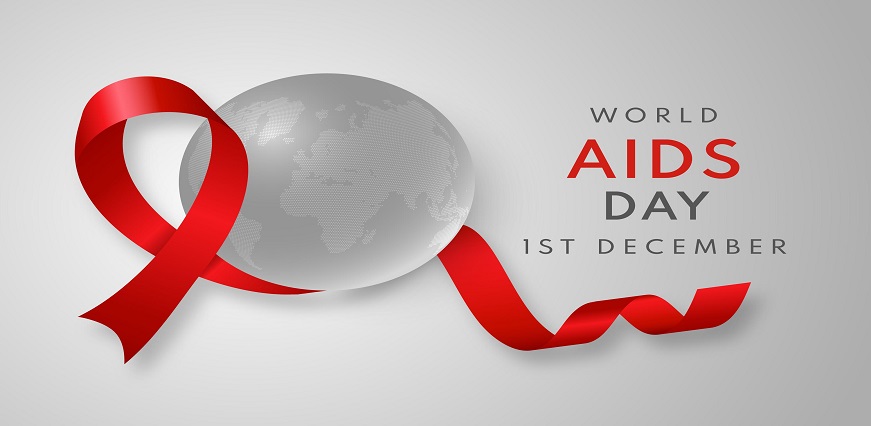

Max Lab > Lab Test in Panchkula > Lab Test in Puranapanchkula > MRD-ALL Panel
₹ 12500
10% OFF for Senior Citizens | USE CODE SS10 *
@3x.png) Description
Description
Minimal residual disease is defined as the small number of cancer cells that remain in the body after cancer treatment. Measurable or minimal residual disease (MRD) testing is used to observe whether the cancer treatment is working fine or not. It also helps to plan further treatment plans. MRD test in Puranapanchkula, Panchkulaing is mainly used in blood cancers, such as leukaemia, lymphoma, and myeloma. MRD test in Puranapanchkula, Panchkula for acute leukaemia is the strongest independent prognostic predictor. Also, for the treatment of adult and paediatric acute lymphocytic leukaemia (ALL), MRD test in Puranapanchkula, Panchkulaing is a part of routine test in Puranapanchkula, Panchkulaing. Additionally, in relapsed settings of multiple myeloma, MRD test in Puranapanchkula, Panchkulaing is a predictor of survival outcomes. The standard procedure of the MRD test in Puranapanchkula, Panchkula is to assess the number of myeloma cells in a bone marrow sample using techniques like genetic sequence analysis, next-generation sequencing and flow cytometry: next-generation flow.
MRD test in Puranapanchkula, Panchkula is done to find any remaining cancer cells that may be left in small numbers. MRD lab test in Puranapanchkula, Panchkulas use sensitive methods which can find even a single cancer cell in 1 million healthy cells. MRD blood test in Puranapanchkula, Panchkulas include methods such as polymerase chain reaction (PCR), multiparametric flow cytometry, and next-generation sequencing (NGS). Such test in Puranapanchkula, Panchkulas are used after initial treatments for blood cancers like multiple myeloma. It helps to observe how well a person’s body is responding to treatment, if the person is in full remission, and to check if remission is stable or not or if there is any recurrence.
MRD test in Puranapanchkula, Panchkula results can affect a person’s treatment by helping in making treatment decisions and improving patient outcomes as it helps in:
@3x.png) Description
Description
Minimal residual disease is defined as the small number of cancer cells that remain in the body after cancer treatment. Measurable or minimal residual disease (MRD) testing is used to observe whether the cancer treatment is working fine or not. It also helps to plan further treatment plans. MRD test in Puranapanchkula, Panchkulaing is mainly used in blood cancers, such as leukaemia, lymphoma, and myeloma. MRD test in Puranapanchkula, Panchkula for acute leukaemia is the strongest independent prognostic predictor. Also, for the treatment of adult and paediatric acute lymphocytic leukaemia (ALL), MRD test in Puranapanchkula, Panchkulaing is a part of routine test in Puranapanchkula, Panchkulaing. Additionally, in relapsed settings of multiple myeloma, MRD test in Puranapanchkula, Panchkulaing is a predictor of survival outcomes. The standard procedure of the MRD test in Puranapanchkula, Panchkula is to assess the number of myeloma cells in a bone marrow sample using techniques like genetic sequence analysis, next-generation sequencing and flow cytometry: next-generation flow.
MRD test in Puranapanchkula, Panchkula is done to find any remaining cancer cells that may be left in small numbers. MRD lab test in Puranapanchkula, Panchkulas use sensitive methods which can find even a single cancer cell in 1 million healthy cells. MRD blood test in Puranapanchkula, Panchkulas include methods such as polymerase chain reaction (PCR), multiparametric flow cytometry, and next-generation sequencing (NGS). Such test in Puranapanchkula, Panchkulas are used after initial treatments for blood cancers like multiple myeloma. It helps to observe how well a person’s body is responding to treatment, if the person is in full remission, and to check if remission is stable or not or if there is any recurrence.
MRD test in Puranapanchkula, Panchkula results can affect a person’s treatment by helping in making treatment decisions and improving patient outcomes as it helps in:

Human Immunodeficiency Virus, or HIV, is a virus that was first detected in h...Read More

HIV stands for human immunodeficiency virus. It is a type of sexually transmi...Read More

Also known as sexually transmitted infections (STIs), sexually transmitted di...Read More

Sexually transmitted diseases (STDs) are infections that are passed from one ...Read More

World AIDS Day is a vital opportunity for individuals and communities to come...Read More

Every year, millions around the globe come together to raise awareness about ...Read More